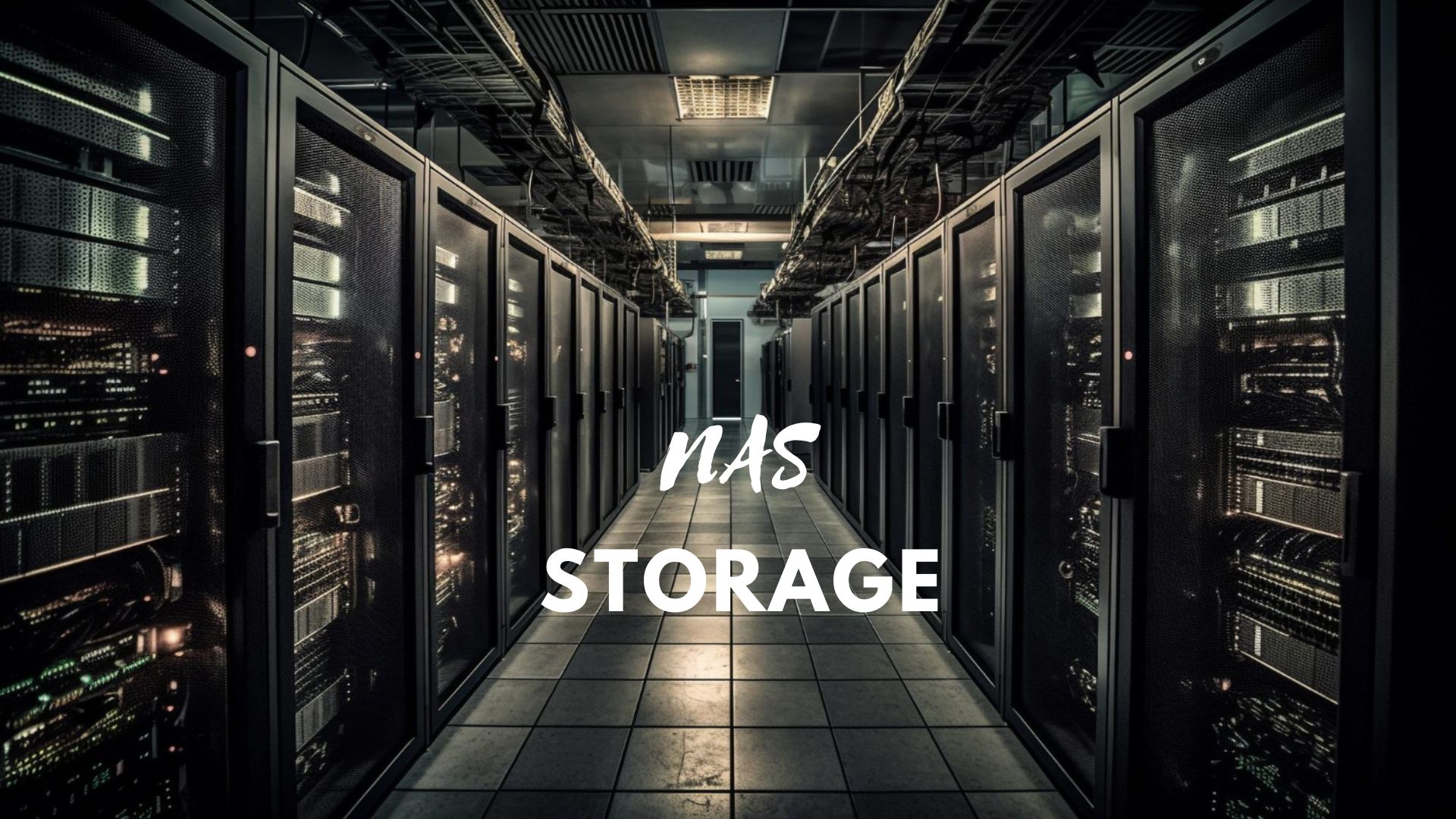If you're working with a lot of data, you're going to need storage. But what kind of storage should you use? While traditional storage solutions like external hard drives and USB sticks might be useful for smaller-scale operations, they're often not suitable for businesses or individuals who need to manage terabytes of data. That's where NAS storage comes in. But exactly what is NAS storage, and why should you consider using it?
Network-Attached Storage (NAS) is essentially a type of file server that's accessed over a network rather than via a direct connection. This means that multiple users and devices can connect to the same NAS device, allowing for shared access to files, documents, and media libraries. Typically, NAS devices are designed for ease of use, with their own web-based interfaces that make it simple to manage your files and folders. In addition, many modern NAS devices offer advanced features such as RAID (redundant array of independent disks) support, remote access, and backup functionality.
But why would you need a NAS device in the first place? Well, if you're working in an office with multiple employees, a NAS device can help to centralize your storage, making it easy for everyone to access and collaborate on shared files. Similarly, if you're a photographer, videographer, or musician, you might need to store and manage large amounts of media files, which can quickly run out of space on a local hard drive. NAS devices offer a versatile and scalable solution that allows you to manage and access your files from anywhere in the world.
When it comes to choosing a NAS device, there are a few factors to consider. Firstly, you'll need to choose a device with the right amount of storage to suit your needs, and with enough drive bays to support the level of redundancy you require. Additionally, you'll want to look for a device with robust security features, as NAS devices can be vulnerable to hacking and malware attacks if not secured properly. Finally, you'll want to consider compatibility with your existing network, as well as ease of use and support for the applications and protocols you need.
There are two main types of NAS devices: scale-up and scale-out. Scale-up devices are designed to handle large amounts of data and are typically used in enterprise environments. They're often more expensive than scale-out devices, but offer greater capacity and performance. Meanwhile, scale-out NAS are designed for smaller businesses and home users, and are more affordable and easy to manage. They can be added to your network as your storage needs grow, making them a flexible and scalable solution for anyone who needs to manage and share files.
Conclusion
So, why do you need NAS storage? If you're working with large amounts of data or collaborating with multiple users, a NAS device can help to centralize your storage and make it easy to manage and access your files. When choosing a NAS device, you'll want to consider factors such as storage capacity, security, and compatibility with your existing network. Whether you opt for a scale-up or scale-out device depends on your specific needs, but either way, NAS storage provides a powerful and scalable solution for anyone who needs to manage and share data. So, if you're ready to take your storage to the next level, consider investing in a NAS device today.
